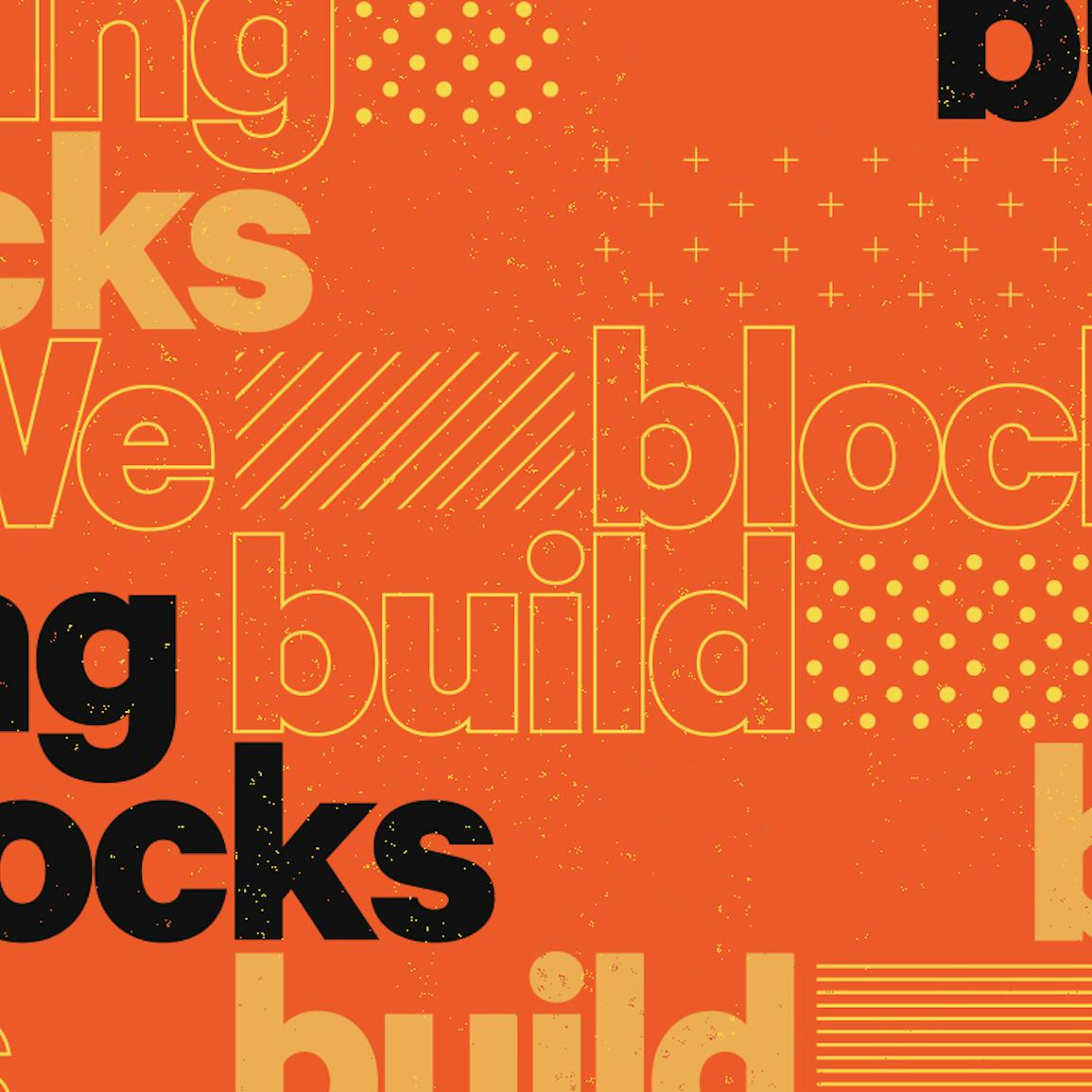Skip to content






 Elaine Sohng
Elaine Sohng



 John Scrugham
John Scrugham

 John Scrugham
John Scrugham


 John Scrugham
John Scrugham
 Raymond Chen
Raymond Chen
 John Scrugham
John Scrugham
 Anonymous Enneagram
Anonymous Enneagram Gema de Marcos Alés
Gema de Marcos Alés
: I love the welcome video in the and the in the . in the same place: The Canva team was using spreadsheets and documents, but could pull this all together in the for their doc. : One table that I can be viewed as calendar or like an app like in the of the .
Company wikiEmployee handbook Sales playbook New hire onboarding Remote learningSimple team wiki

 Knowledge Hub Guide: Knowledge Sharing Examples & Tips
Knowledge Hub Guide: Knowledge Sharing Examples & Tips
Whether you call it a wiki, knowledge base (KB), playbook, intranet, handbook, or how to guides, here's how to bring all your words, data, and team into one hub.
Our Coda team has transformed this past season: we’ve onboarded 14 team members, set up shop in 13 states, and distributed ourselves across every US time zone. As we strive towards thriving remotely, we’re solving ways to welcome new hires, share knowledge, and enhance our culture of transparency... using
of course 😸 . And many clients are doing the same. The folks at and have each launched wikis, published a guide, and countless others are building their own unique knowledge hubs with Coda.
@Remote Learning
What is a knowledge hub?
Knowledge hubs (or khub) are information networks that are dedicated to fostering knowledge sharing within peer groups. Knowledge hubs started out in academia to facilitate joint research and have since been adapted by the private sector as a way to improve collaboration on initiatives and decision-making.
The knowledge hub docs themselves may be different, but the goals are similar—we want new hires to feel welcomed and onboard efficiently, team members to be aligned, and everyone to have a space for shared understanding and ongoing learning.
Our goal with this knowledge hub guide is to inspire you with to build a your own and give you the tools with to make it your own.
Our favorite knowledge hubs

Company Wiki
Everything in one place. I don’t have to search in different areas for information about the company, teams, or what we’re working on. But the best part is that through the process of putting this together, we learned more about our company, gained a greater appreciation for our culture, and found gaps in our process.
Open Doc

Employee Handbook
Inspired by the open-source GitLab handbook, this is a comprehensive employee guide with lots of awesome multi-media like YouTube videos, emojis, and engaging tables of information.
Open Doc

Sales Playbook
We just hired our first Account Executive on the Sales team (with many new faces to come). At my past companies, I’ve made or have been part of the creation of thick manuals that were printed and never looked at again after the Sales Kickoff. The Playbook is becoming a living breathing best practice for how we work with clients and make them successful with our software.
Open Doc

New Hire Onboarding
Knowing what you’re supposed to be doing for the first month is hard, especially remote. Each of our 14 new hires gets this new hire doc and have felt supported in their learning and integration into the culture.
Open Doc

Remote Learning
The Canva team, like many others around the world, is suddenly remote. Developed by the Learning & Development group, this guide shares best practices for teams with ongoing education in this new learning environment.
Open Doc

Simple Team Wiki
An easy start for your first wiki; copy this doc and start adding your own team’s knowledge.
Open Doc
Challenges of knowledge sharing
After talking with clients and teammates, I started to see common challenges in gathering and sharing knowledge. I’d love to learn more about your ideas and experiences as leaders so we can reimagine best practices for work in our current remote world and beyond. At Coda, we use voting tables like the one below to spark ideas and conversation. Please 👍 what you’ve experienced, and feel free to add new challenges. Let’s discuss together!
Add a challenge
Challenge theme
Challenge explained
Coming from
Vote
Upvoters
Challenge theme
Challenge explained
Coming from
Vote
Upvoters
Scattered
When vital information sits across tools, it can be frustratingly difficult to get the full picture. I want my knowledge hub to be a high-level overview of all information, not be a labyrinth of links.
👍
4

Static
I write a masterpiece, but it’s static. Processes get updated in offline conversations and when change is sudden, it’s disruptive. It makes it harder for a team to feel confident in being flexible and adaptable.
👍
2

Not engaging
It’s hard to find an answer or engage with a 70 page handbook. Flat, stale documents don’t inspire readers to engage.
👍
2
Buried information
All the content and collateral is stuck in a folder and isn’t surfaced to view or search easily, especially when I need the info right now.
mrowley@clinicient.com
👍
2
Under-investment
Who owns the wiki?
👍
2
Who owns the content?
Is it the management, a dedicated team like People or Talent?
👍
2
Multi-media
We share information in so many ways beyond text but my documents are single media. The videos, images, and data visualizations the team has made are missing so readers have to jump between tools - losing context, forgetting logins, and slowing down their browsers with 17 open tabs.
👍
1
👍
0
👍
0
There are no rows in this table
Tips to create useful knowledge hubs
What I’ve realized is that the best knowledge hubs are the single source of truth. They show us what we’re doing and why, how we’re doing and with whom, and when. They create a place to articulate, craft, and align knowledge, a process which is essential to a strong direction and company culture. Once I’ve collected everything into one Coda doc, the next part is funーbut also an essential part to others actually using your toolーmaking it engaging and useful. The goal is to create a doc that informs and inspires action.
Build a single source of truth
It is good practice to start by telling comprehensive stories with everything in one place. Pull together content from many places and put them in various within your doc. (A quick makes it easy to get all your various writing in to Coda). Then start connecting all the ideas together with s.
Many knowledge hubs start as merely a collection of links, as you’re already using apps designed to communicate specific types of information, like resumes in Greenhouse and analytics in Mode. With Coda, you can use and to bring in information and knowledge from other places—and save your team the hassle of jumping between tabs and systems.
Get your sheet (and docs) together with a
@Company Wiki
Broken link
Encourage team collaboration with a living doc
Transitioning from printed manuals, static intranets, or many (many) slowly dying documents, I’ve loved creating living docs with Coda—something that people are always contributing to and is getting more useful and growing over time.
And one stand-out feature I incorporate in docs, like our , is direct engagement. Once I the company, leaders have full edit access, readers are making , and there’s interactive to mark items that need updates. With ongoing conversation and collaboration, we’re constantly improving the playbooks and guides that help us improve our work. Content stays fresh, which is especially valuable for our IT and HR leads who constantly need to update policies & procedures.
@Company Wiki
The IT Help / FAQ doc with a Request button
Use different content formats with a multi-dimensional surface
Knowledge is the ultimate shapeshifter because we all communicate and learn in our own unique ways. As a result, resources come in various forms.
Some of my favorite docs have:
@Employee Handbook
@Company Wiki
@Remote Learning
@Company Wiki
Keeping new hires excited and engaged during onboarding and training.
How to build an effective knowledge hub
Here are the first steps towards making your own wiki, guide, or playbook. Some like to start with examples, others like to jump straight in to the features. The journey is your choice 👇
Example knowledge hub docs
This is a collection of knowledge hubs for different use cases, such as:
Knowledge hub building blocks
This is a collection of 14 Coda features that you can use to create an engaging knowledge hub for your team.
What are people saying?


A few of the 25,000+ teams that 🏃♀️ on Coda.


Coda is an all-in-one doc for your team’s unique processes — the rituals that help you succeed. Teams that use Coda get rid of hundreds of documents, spreadsheets, and even bespoke apps, to work quickly and clearly in one place. This template is a Coda doc. Click around to explore.
Find out how to Coda-fy your rituals.
Want to print your doc?
This is not the way.
This is not the way.

Try clicking the ··· in the right corner or using a keyboard shortcut (
CtrlP
) instead.
